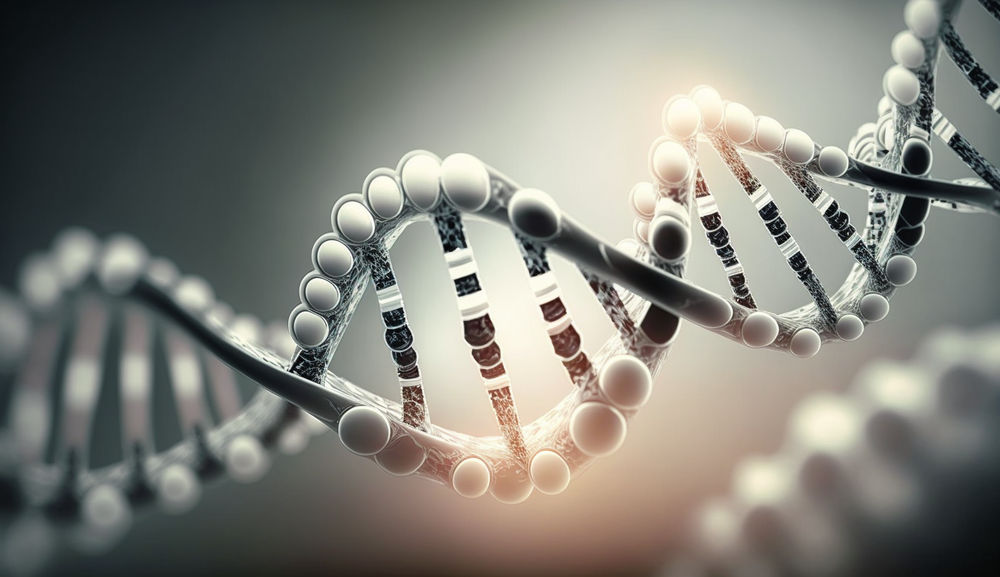Encouraging results in a Phase I clinical trial in limb-girdle muscular dystrophy type 2C
Advertisement
The results of a Phase I clinical trial of gene therapy for limb-girdle muscular dystrophy type 2C (a rare neuromuscular disease) have just been published in the journal Brain. The trial started in December 2006 and has been sponsored by Généthon (the not-for-profit research lab created by the French Muscular Dystrophy Association (AFM) and which is funded almost exclusively by donations from France's annual Telethon).
The trial at Pitié-Salpêtriere (AP-HP) is being led by principal investigators Professor Serge Herson and Professor Olivier Benveniste. The study's primary objective was to evaluate the safety of local injection of increasing doses of an adeno-associated virus (AAV) vector harboring a "healthy" copy of the gene for gamma-sarcoglycan (the defective protein in this disease). Secondary objectives included the assessment of local and systemic immune reactions and the quality of gene transfer in the injected muscles in terms of efficacy, expression and distribution.
Nine non-ambulatory patients (aged from 16 to 38) were included in the trial between December 2006 and December 2009. Three increasing doses of an AAV1 vector bearing the normal gamma-sarcoglycan gene were injected into a forearm muscle. One month after the injection, a biopsy was taken from the treated zone and analyzed.
The trial's results have just been published and are encouraging. Above all, the injections were well tolerated and not associated with adverse physical or biological effects. Furthermore, assays in five patients revealed the presence of RNA produced from the therapeutic gene. Immunohistochemical analysis of injected-muscle biopsy specimens showed γSGC expression in three out the three patients who received the highest dose. Furthermore, in one of these patients (who had received the highest dose of treatment), a western blot assay revealed that normal protein gamma-sarcoglycan was being expressed in the muscle fibers.
Thanks to gene therapy, the missing gamma-sarcoglycan protein was being produced anew. Professor Serge Herson commented that "the results of this trial exceed our expectations. In addition to confirming the treatment's lack of toxicity (the study's primary objective), we were able to make progress in other areas, such as trial logistics, immunological aspects and even the optimal dose for treating a set of muscles efficaciously. This result is especially interesting because it means that we have established the dose threshold above which the treatment becomes efficacious. That’s very rare in a Phase I trial".
Original publication
Other news from the department research and development
Most read news
More news from our other portals
See the theme worlds for related content
Topic world Gene therapy
Genetic diseases once considered untreatable are now at the center of innovative therapeutic approaches. Research and development of gene therapies in biotech and pharma aim to directly correct or replace defective or missing genes to combat disease at the molecular level. This revolutionary approach promises not only to treat symptoms, but to eliminate the cause of the disease itself.

Topic world Gene therapy
Genetic diseases once considered untreatable are now at the center of innovative therapeutic approaches. Research and development of gene therapies in biotech and pharma aim to directly correct or replace defective or missing genes to combat disease at the molecular level. This revolutionary approach promises not only to treat symptoms, but to eliminate the cause of the disease itself.























































